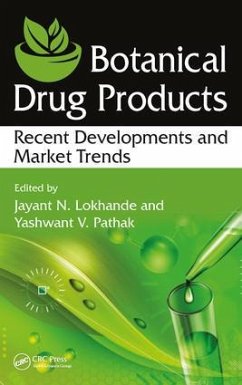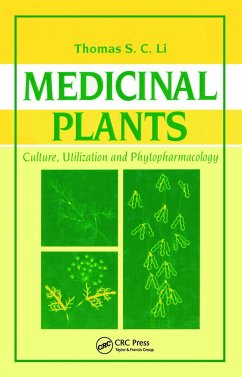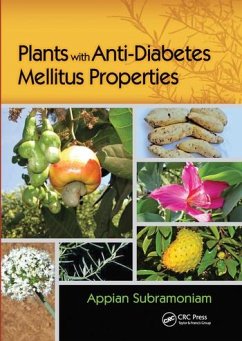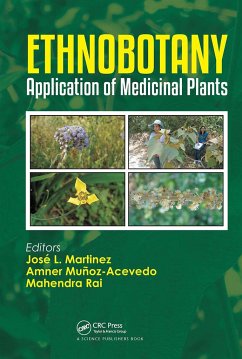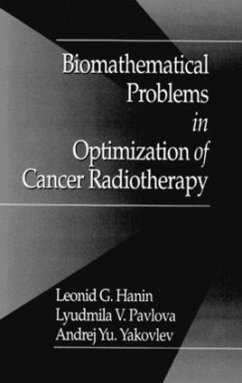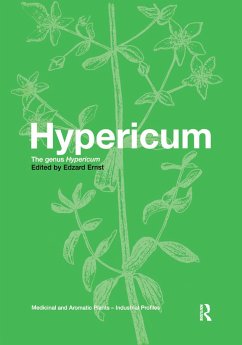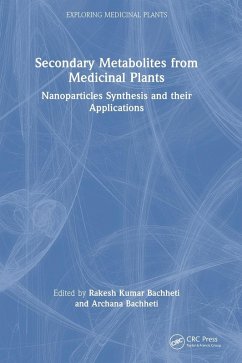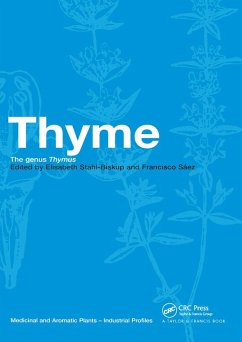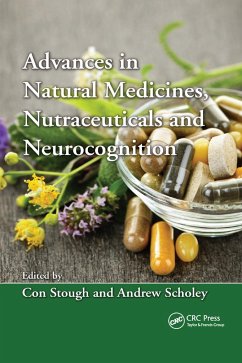
Phytopharmaceuticals in Cancer Chemoprevention
Versandkostenfrei!
Versandfertig in 1-2 Wochen
79,99 €
inkl. MwSt.
Weitere Ausgaben:

PAYBACK Punkte
40 °P sammeln!
With contributions from a diverse panel, this book focuses on cancer epidemiology, cancer statistics, current therapies, and potential toxicities involved with existing cancer drugs. It discusses the pathophysiology of cancer including mechanistic and molecular aspects of cancer biology, and then explains the etiology of breast cancer, lung cancer, prostate cancer, tobacco and cancer, and gastrointestinal tract cancers, and concludes with the various risk factors related to obesity, exercise and aging. It covers phytopharmaceuticals, cancer health risk factors, protective abilities of various ...
With contributions from a diverse panel, this book focuses on cancer epidemiology, cancer statistics, current therapies, and potential toxicities involved with existing cancer drugs. It discusses the pathophysiology of cancer including mechanistic and molecular aspects of cancer biology, and then explains the etiology of breast cancer, lung cancer, prostate cancer, tobacco and cancer, and gastrointestinal tract cancers, and concludes with the various risk factors related to obesity, exercise and aging. It covers phytopharmaceuticals, cancer health risk factors, protective abilities of various natural products and cancer susceptibility, and the value of natural remedies for healthy living.





